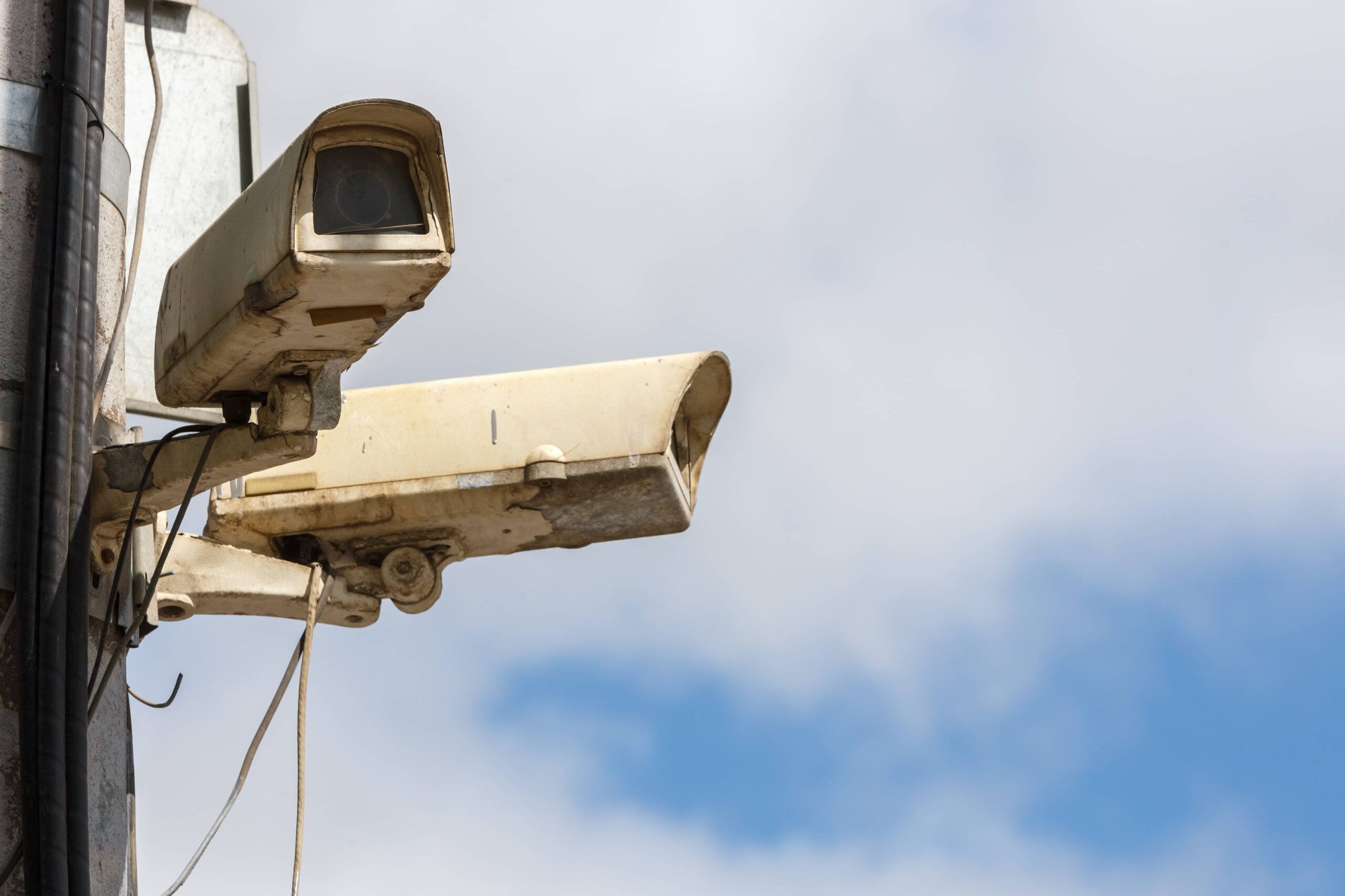
What Are the Consequences of Poor Security?
You might not realize it, but poor security can have serious and far-reaching consequences. When a business or property owner fails to implement adequate security measures, the risks of crime and accidents increase significantly. Should a lawful visitor be injured due to this negligence, the business or property owner may be liable under premises liability law (N.J.S. § 2A:42A-4).
We’re never prepared for an unexpected attack or accident. The impact of the event and your injuries can affect your life and livelihood. When someone can be held accountable for your suffering, shouldn’t they be? It’s important to understand what inadequate security involves so you can ensure you are seeking compensation for your losses.
If you’ve been injured on someone else’s property due to poor security, reach out to the premises liability lawyers at Maggiano, DiGirolamo & Lizzi. Schedule a FREE consultation today by calling (201) 585-9111. We want to help you pursue the justice you deserve and aren’t afraid to fight for it. We serve clients in Fort Lee and throughout New Jersey and New York.
What Is Inadequate Security?
Though it isn’t possible to predict when a crime or accident will occur, we can take certain precautions to minimize the chance of these unfortunate events. That is the basis of an inadequate or negligent security claim.
When a business or property owner or an event coordinator fails to take reasonable preventative security measures to protect visitors from danger, they may be held responsible should those visitors suffer physical and/or emotional injuries. Insufficient lighting, a lack of security personnel, faulty surveillance systems, and other factors can all contribute to an unsafe environment.
Every day, we get gas or go shopping, to concerts, or even simply home to our apartments, and we assume that we are reasonably safe. When security is lacking, our environment becomes vulnerable to criminal activities and accidents, putting everyone at risk. Should the negligence of an owner or manager of a premises result in our injury, we need to know how to seek legal redress.
What Does Lack of Security Cause?
New Jersey’s crime statistics might shock you. Though often considered one of the safest states in the U.S., every crime is a violation with reverberating repercussions. We often try to pretend these cruelties don’t exist because the facts are hard to bear.
Based on New Jersey’s Crime Data from 2014 to 2020, we calculated the average annual incidents of the following crimes:
- Robbery: 7,648
- Assault: 62,549
- Burglary: 22,452
- Motor Vehicle Theft: 11,224
- Murder: 329
- Rape: 1,360
We may never know how many terrible crimes could have been prevented. However, we do know that poor security does contribute to these rates.
Lack of security can lead to a range of issues that put people at risk and require businesses and property owners to be held accountable.
Increased Crime Rates
Properties with inadequate security are more likely to have burglaries, robberies, and assaults occur on the premises. Criminals tend to target locations lacking adequate lighting, surveillance, and security personnel. If a property owner is aware that their property isn’t secure and maintained, they may be held responsible for incidents that occur there, including:
- Robbery & Theft
- Sexual Assault
- Vandalism
- Kidnapping & Abduction
- Motor-Vehicle Thefts, Burglaries & Accidents
Personal Injuries
Properties with inadequate security can end up causing personal injuries. Occupants or visitors may suffer physical harm due to assaults, robberies, sexual assaults, or accidents like slip and falls due to unsafe conditions. They may be eligible to seek compensation for their economic and non-economic losses.
Emotional Trauma
Victims of crimes and accidents can endure significant emotional and psychological distress. The trauma of being attacked or injured can often have long-lasting effects on our mental health. Should premises liability law apply, victims may be able to pursue compensation for these damages.
Financial Losses
Negligent security can lead to financial burdens for those affected. They may face medical bills, lost wages, property damage expenses, and more. If these hardships were caused by someone else’s negligence, seeking compensation is just.
What Are Some Examples of Poor Security?
Under New Jersey premises liability laws, property and business owners have a duty to provide a safe environment for licensees and visitors. Examples of negligent security include:
- Broken or Inadequate Locks: Doors and windows that don’t lock properly are prime targets for criminals
- Insufficient Lighting: Areas without sufficient lighting can conceal criminal activity and make accidents inevitable.
- Faulty Surveillance Cameras: Broken or poorly placed surveillance cameras can fail to deter criminal activity or alert security personnel to issues in the moment.
- Lack of or Poorly Trained Security Personnel: The absence of proper training, or of security personnel altogether, can leave properties unprotected and vulnerable.
- Unsecured Access Points: Open gates and doors that aren’t appropriately monitored can entice criminals who would have otherwise been deterred.
If you or a loved one suffer injuries due to a lack of adequate security, you need to know that you have rights. Businesses, property owners, and event coordinators all have a duty to protect employees, residents, and visitors. When their negligence in properly securing the property leads to a crime or accident, they must be held responsible.
Contact the Maggiano, DiGirolamo & Lizzi About Your Premises Liability Case
Do you suspect that poor security was the cause of your injury? The courageous premises liability attorneys at Maggiano, DiGirolamo & Lizzi can help. Our dedicated team of experienced lawyers can evaluate your case to see if inadequate security contributed to your losses.
You’ve suffered. Nobody deserves that. When another party could have prevented your pain, we want to hold them accountable. We are committed to fighting for the justice and compensation you deserve. Contact us today for a FREE consultation.


















